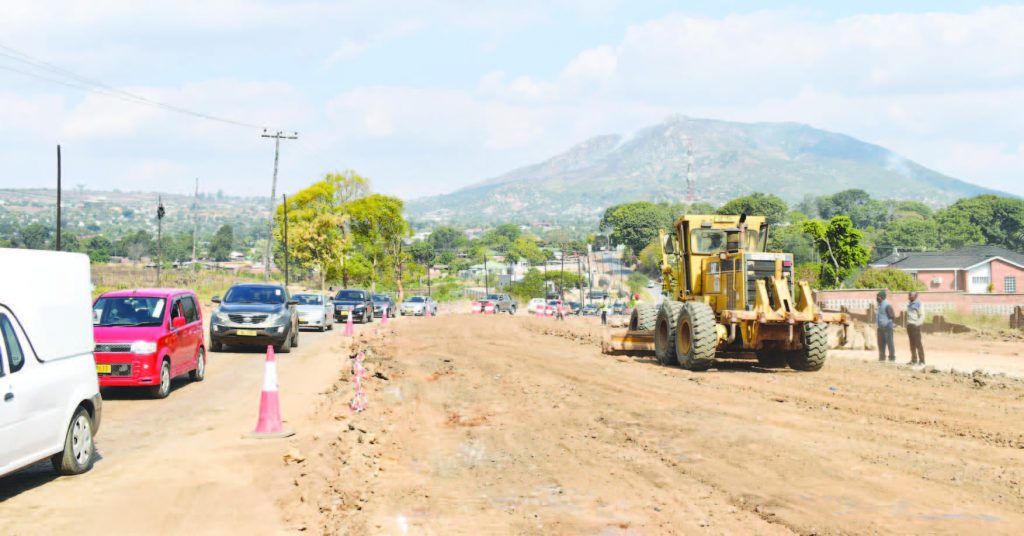Road maintenance funding gap up 80%
Malawi faces a road maintenance funding gap of nearly 80 percent which contributes to the higher transport costs and barring tourism growth, a new study has shown.
This is contained in the 2021 National Planning Commission Malawi Priorities paper which has been done with technical assistance from the Copenhagen Consensus Center (USA) and African Institute for Development Policy (Malawi).

According to a July 2021 Cost-Benefit Analysis of Upgrading Road Infrastructure in Malawi – Technical Report, this is despite having fuel levies at 11 percent of pump price and accounting for 85 percent of the Road Fund’s revenue.
The annual maintenance cost of the newly-upgraded roads, according to the analysis, is under K5.2 billion.
With a funding gap of 78.6 percent, the outstanding maintenance need is valued at K4.1 billion annually.
Reads the report in part: “One of the main barriers, which keep Malawi from increasing its share of regional tourism receipts, is its comparably high transport costs.
“Our estimates suggest that with the proposed road upgrade, international tourism would attract around 15 500 additional international arrivals annually. While this increase would bring K9.7 billion to K12 billion per year in additional receipts, this is only a modest share of the benefits from the road intervention. The largest benefits by far at 84 percent of the total are the avoided vehicle operating costs associated with the paved roads which are estimated at K79 billion per year.”
The intervention, according to the analysis, provides benefits higher than costs which are relatively large in absolute terms, equal to 0.9 percent of projected gross domestic product (GDP) until 2036.
“However, the aim of the meeting is to double Malawi’s tourism share of GDP which will require a larger suite of investments than just paved roads,” reads the analysis in part.
African Development Bank (ADB) figures show that paving a road reduces travel time to 40 minutes per 50 kilometers.
This leads to time savings of about 29.5 million hours per year across the 1 407km road network.
The saving is monetised using a weighted average of income per capita from Malawi ($630), sub-Saharan Africa ($1623) and Europe ($35,678).
The time savings are equivalent to K 6.1 billion ($8.1 million) in 2023 and grow to K8.8 billion ($11.8 million) by 2036.
Currently, the country relies heavily on fuel levy as a key source of revenue which ranges between K30 billion to K32 billion annually. Roads Fund public relations manager Masauko Mngwaluko was yet to respond to our questionnaire.
However, in an interview last week, he said the fund hopes to generate between K4 billion to K5 billion per year, with the amount increasing with the passage of time following the implementation of tollgate at Chingeni in Ntcheu and Kaliyeke in Dedza by October 1 2021. “Having the tollgate will transform the country’s’ road infrastructure as the revenue generated will boost the Road Fund” he said.





